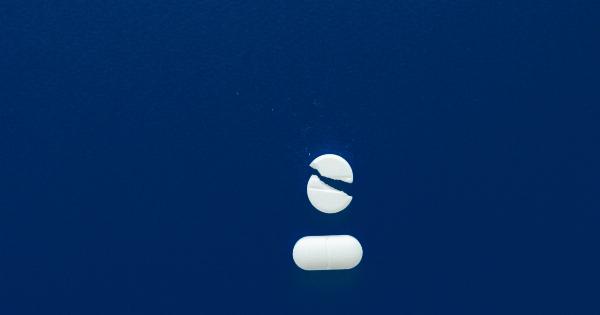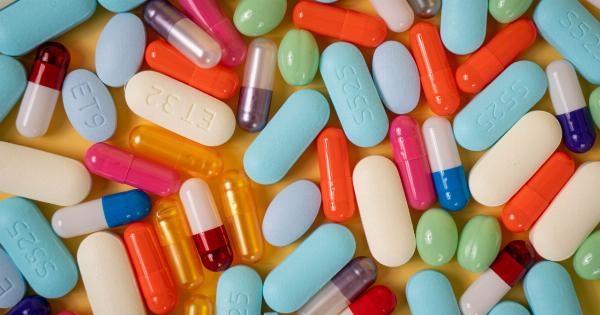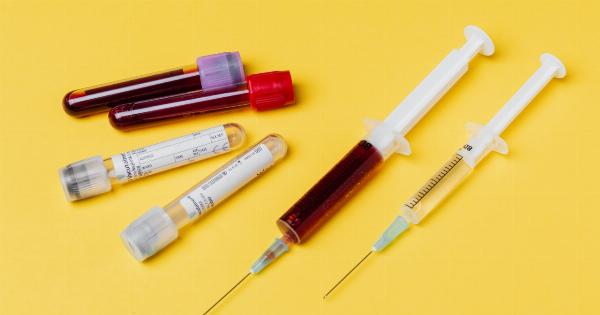Cholesterol is a fatty substance that our body needs in small quantities for various functions such as building cell walls, producing hormones and vitamin D.
However, high levels of cholesterol can lead to a buildup of plaque in the arteries which can increase the risk of heart diseases and stroke.
Types of Cholesterol
There are two types of cholesterol – LDL (low-density lipoprotein) and HDL (high-density lipoprotein).
Low-density lipoprotein (LDL)
LDL is also known as “bad cholesterol” as it can accumulate in the walls of arteries and form plaques.
This can lead to atherosclerosis, a condition where the arteries become narrowed and hardened which can increase the risk of heart diseases and stroke.
High-density lipoprotein (HDL)
HDL is known as “good cholesterol” as it helps to remove LDL cholesterol from the bloodstream and carries it back to the liver where it can be broken down and eliminated from the body.
Causes of High Cholesterol Levels
There are several factors that can cause high cholesterol levels in the body:.
Diet
A diet that is high in saturated and trans fats can increase LDL cholesterol levels in the body. Foods such as fried and fatty foods, cheese, butter, red meat, and processed foods should be limited to maintain healthy cholesterol levels in the body.
Sedentary Lifestyle
Physical inactivity can also lead to high cholesterol levels as it can lower HDL cholesterol levels in the body. Regular exercise can help to increase HDL cholesterol levels and decrease LDL cholesterol levels in the body.
Family History
Genetic factors can also play a role in high cholesterol levels. If someone in the family has high cholesterol levels, it increases the chances of developing high cholesterol levels as well.
Medications for High Cholesterol
If lifestyle changes are not enough to control cholesterol levels, medications may be recommended by the doctor. The following are some of the common medications used to treat high cholesterol levels:.
Statins
Statins are the most commonly prescribed medications for lowering cholesterol levels. They work by inhibiting an enzyme in the liver that is responsible for producing cholesterol. This, in turn, reduces the cholesterol levels in the blood.
Statins have been shown to lower LDL cholesterol levels by up to 60%.
Fibrates
Fibrates are medications that work by reducing triglyceride levels and increasing HDL cholesterol levels in the body. They are often used in combination with statins to achieve better control of cholesterol levels.
Bile Acid Sequestrants
Bile acid sequestrants work by binding to bile in the intestine, preventing it from being reabsorbed into the bloodstream. This, in turn, reduces the cholesterol levels in the blood as the liver has to produce more bile to replace the lost bile.
These medications are usually used in combination with statins.
Nicotinic Acid
Nicotinic acid works by reducing the production of LDL cholesterol in the liver and increasing HDL cholesterol levels in the body. However, this medication can cause side effects such as flushing and itching.
PCSK9 Inhibitors
PCSK9 inhibitors are a new class of medications that work by blocking a protein in the liver that prevents the breakdown of LDL cholesterol. These medications can lower LDL cholesterol levels by up to 60%.
Conclusion
High cholesterol levels can increase the risk of heart diseases and stroke. However, making lifestyle changes such as a healthy diet and regular exercise can help to lower cholesterol levels.
If lifestyle changes are not enough, medications may be recommended by the doctor to achieve better control of cholesterol levels.
























